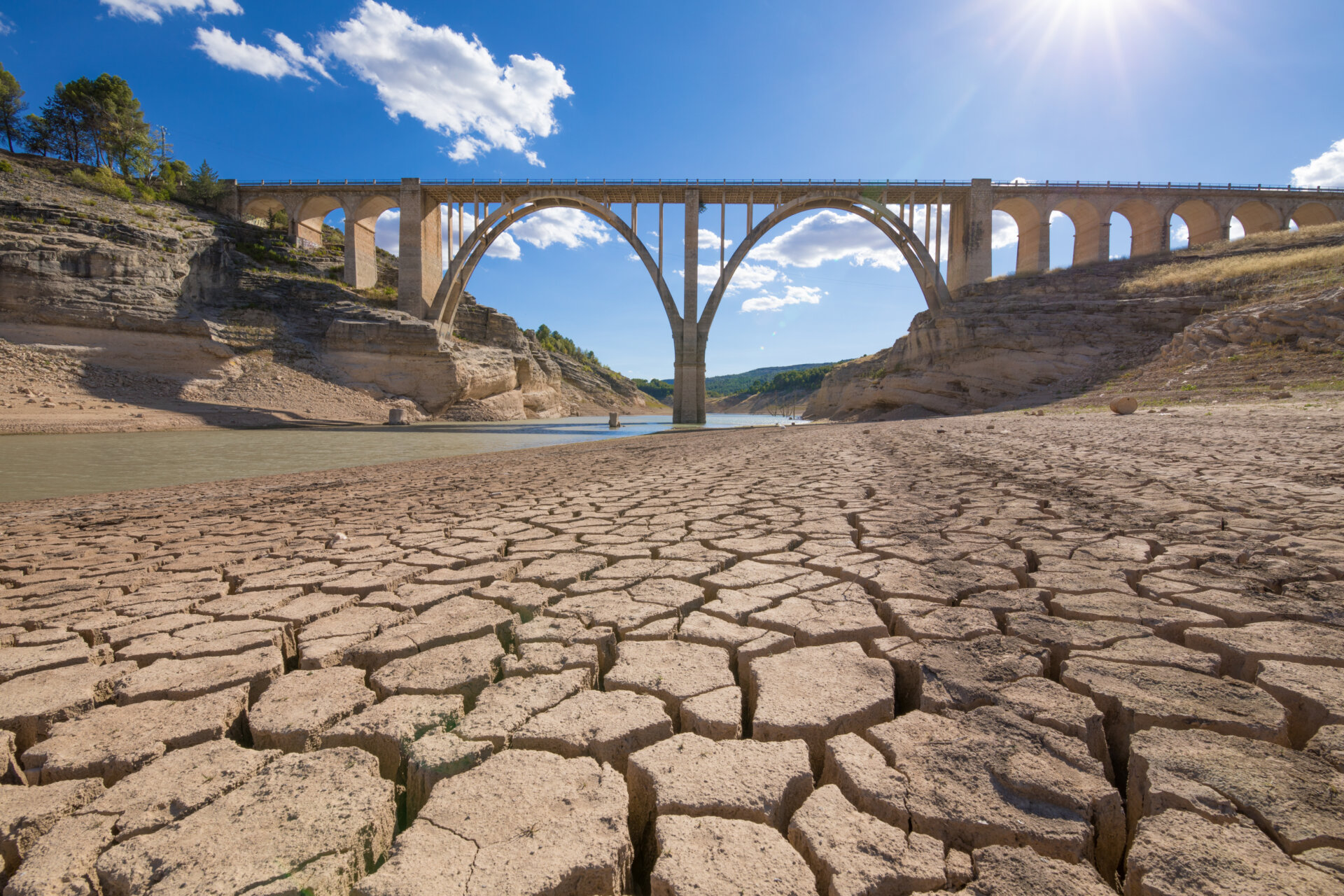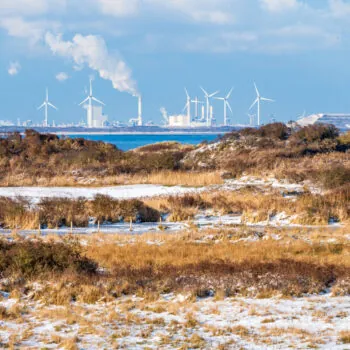The implications of the EUCRA
- The European Climate Risk Assessment (EUCRA) is a wakeup call for European leaders.
- With Europe warming significantly above the global average, climate impacts are a strategic and security issue for Europe.
- European leaders have the power to make resilience against climate risks a strategic priority for Europe in the upcoming European Councils and to take urgent action nationally.
- They must immediately take responsibility for climate impacts, boosting budgets, and redoubling their efforts to decarbonise the economy.
- Investing in resilience will bring substantial social, economic and strategic benefits.
More on the EUCRA story
Accelerated climate impacts in Europe. Europe is now the fastest-warming continent globally, with a 1.5°C temperature rise in the 12 months up to January 2024. This brings extreme heat, intensified precipitation, and increased flood risks. It will impact energy, food and water security, financial resilience, and public health. Social cohesion and stability, and all of Europe’s ecosystems will be significantly damaged.
European society is not ready because of delayed policy implementation. This is despite the progress that the EU and Member States have made in understanding and preparing for climate risks. Coordinated, urgent action is crucial at all levels of government to build resilience.
Effective planning and policies at both European and national levels can significantly reduce climate risks. Rapidly reducing greenhouse gas emissions in the EU and globally as well as preparing societies for inevitable climate impacts is crucial. The EU should leverage legislation, monitoring, funding, and technical support to better understand major climate risks. Urgent action is needed now so that we avoid policies and investments that lock in rigid choices that will be unsuitable, and potentially catastrophic in the longer term. This is especially important in areas such as land-use planning and infrastructure development.
There is a huge economic benefit and strategic advantage to investing in resilience. Investing EUR 1.5 trillion globally from 2020 to 2030 could generate EUR 6 trillion in total benefits, through a triple dividend of avoided losses, economic benefits, and social and environmental benefits (Global Commission on Adaptation, 2019). The EU’s economy depends on global resilience, and transitioning into systemic resilience can protect supply chains and enhance competitiveness in the evolving world economy and climate.
Quotes
Manon Dufour, Executive Director, E3G ASBL said:
“European governments must confront the facts: climate impacts are on the rise, carrying devastating economic and social consequences. Europe is ill-prepared, and not taking sufficient action. If heads of states and governments are genuinely committed to boosting competitiveness and security over the next five years, they must take responsibility and make resilience against climate impacts a strategic priority. Playing the ostrich will only harm people, businesses, and European cohesion.”
Kate Levick, Finance and Resilience Director at E3G said:
“European Member States must immediately heed this report. They must get to grips with the accelerating costs of poor European resilience to climate change, and the urgency of investing in a resilient future. This is an issue that requires leadership at national level and collaboration between governments to secure European climate safety and social cohesion.
Ronan Palmer, Chief Economist at E3G said:
“The impacts of climate change will hit the EU economy and society hard – very hard. No part of the EU economy and society will get off lightly. Whether it is agriculture in the south drying up, or factories in the north overheating, productivity will take a further hit, and inequality will soar. Without strong action in Member States, and a big show of solidarity across the EU, we just won’t prosper as a Union.”
Ana Mulio Alvarez, Researcher on adaptation at E3G said:
“EUCRA is a call for European and global solidarity. The EU has resources to adapt to the consequences of its historic emissions. However, this is not the case for climate vulnerable countries around the world. They are bearing a greater economic and humanitarian burden, and those impacts will, in turn, undermine our efforts. The EU must continue to be a champion for climate action and bring this ambition to all climate negotiations.”
Available for comment
Ronan Palmer (EN), Chief Economist
m: +353 (0) 89 491 7948, ronan.palmer@e3g.org
Kate Levick (EN), Director, Finance & Resilience
m: +44 (0)7983 484573, kate.levick@e3g.org
Manon Dufour (EN, FR), Executive Director, E3G Brussels
m: +32 (0)4 77 76 78 01, manon.dufour@e3g.org
Notes to Editors
- E3G is an independent climate change think tank with a global outlook. We work on the frontier of the climate landscape, tackling the barriers and advancing the solutions to a safe climate. Our goal is to translate climate politics, economics and policies into action. About – E3G
- For further enquiries email press@e3g.org or phone +44 (0)7783 787 863
- In May 2022, the European Commission’s Directorate-General for Climate Action (DG CLIMA) and the European Environment Agency (EEA) began work on the European Climate Risk Assessment (EUCRA).
- Their assessment focuses on evaluating present and future climate change impacts and risks across Europe, covering aspects such as the environment, economy, and broader society. It indicates that Europe’s policies and planning for adaptation are not keeping up with the rapidly increasing risks of climate change.
- Executive Vice-President Šefčovič is set to address the European Parliament in Strasbourg on March 12 on the EU climate risk assessment, and on taking urgent action to improve security and resilience in Europe. A communication is expected on the same day.


